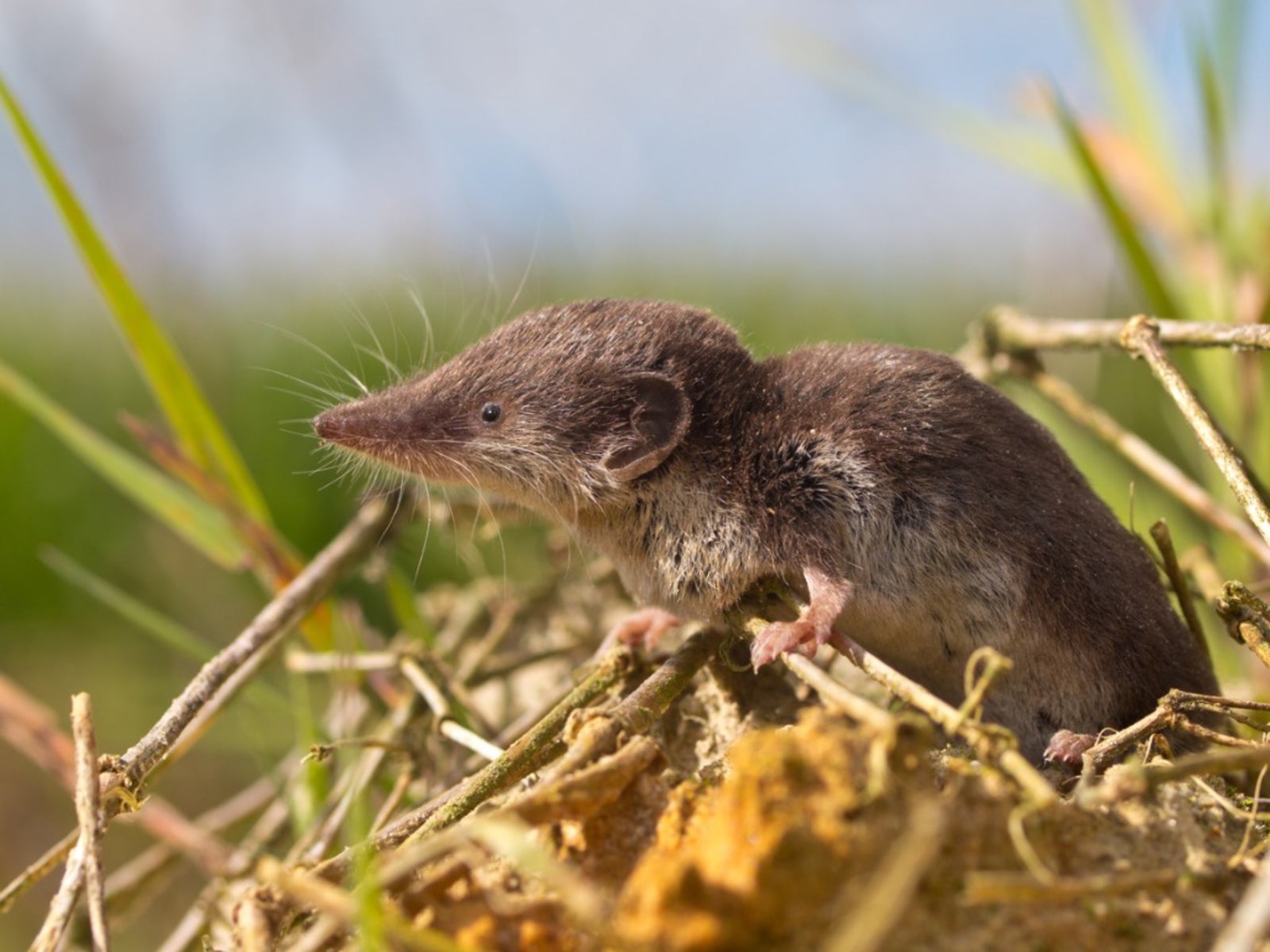Shrews In the Garden: Is Shrew Control Necessary


Are shrews bad? The little rodent-like critters aren’t pretty, but shrews in the garden are generally beneficial. In fact, shrews are important members of the ecosystem and getting rid of them isn’t always a good idea. Shrew damage is usually limited and generally consists of holes they may dig in search of insects. Read on to learn more about these helpful animals and tips on shrew control.
Shrews in the Garden
Although they are frequently mistaken for mice, shrews are insectivores. They dine on a variety of garden pests including slugs, snails, beetles, caterpillars, centipedes and millipedes, among others. Shrews also eat small mice and snakes and occasionally a small bird. They have huge appetites and can eat three times their body weight in a single day.
Shrew live primarily in thick vegetation and moist plant debris. They generally don’t burrow, but they may take advantage of tunnels created by voles and moles. Although they don’t eat plant roots, they may be nuisances if you grow nut trees and may dig holes that disturb roots or bulbs. They can also be troublesome if they get into your home as well.
Shrew Control: Tips on Getting Rid of Shrews
Mow your lawn frequently; shrews like tall grass. Clean up plant matter and other garden debris. Rake autumn leaves. Feed your pets indoors. Don’t leave pet food where shrews can get into it. Control insect pests with insecticidal soap or neem oil, which are less harmful to bees and other beneficial insects. Control slugs and snails with nontoxic slug bait, traps, or other methods.
Trim low hanging branches and overgrown shrubs. Keep trash cans and recycling bins securely covered. If possible, keep them in a garage or shed and bring them out on collection day. Keep bird feeders clean. Consider feeding birds suet or hulled sunflower seeds, which make less mess. If shrews become a serious nuisance you can reduce their numbers by using mouse traps.
Sign up for the Gardening Know How newsletter today and receive a free copy of our e-book "How to Grow Delicious Tomatoes".

A Credentialed Garden Writer, Mary H. Dyer was with Gardening Know How in the very beginning, publishing articles as early as 2007.